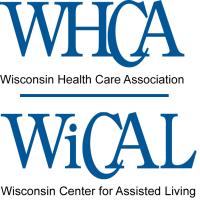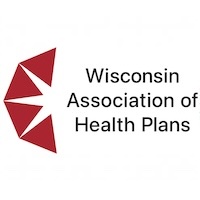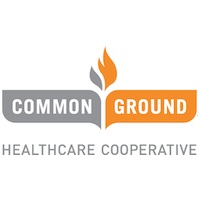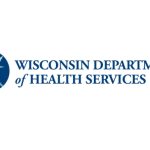
UW Health Kids expert helps update pediatric group’s literacy promotion policy
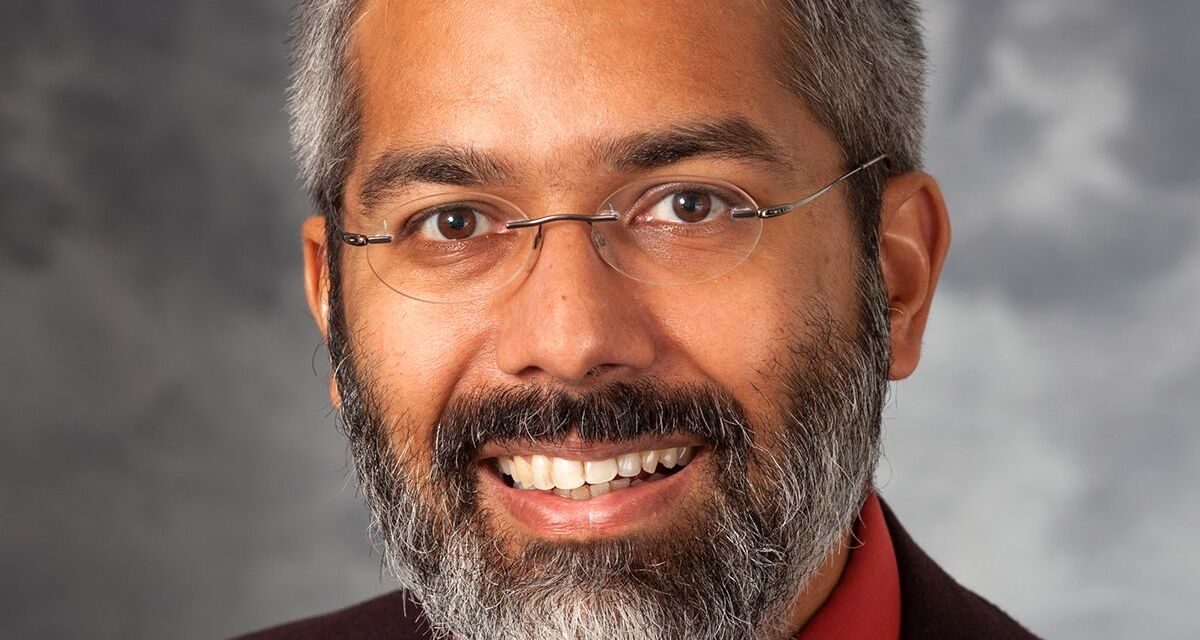
Last fall, the American Academy of Pediatrics updated its literacy promotion policy for the first time in a decade. A UW Health Kids pediatrician helped.
The policy now recommends reading to a child starting at birth, rather than at 6 months as it previously suggested. It also states that print books are better than digital ones.
Dr. Dipesh Navsaria, a pediatrics professor at the University of Wisconsin School of Medicine and Public Health and a clinical professor at the UW Department of Human Development and Family Studies, was a contributing author of the policy. He co-authored a technical report that provides scientific evidence backing it.
Navsaria is the founding medical director of Reach Out and Read Wisconsin, which encourages parents and caregivers to read with their kids, and hosts the national organization’s podcast.
Shared reading can help with kids’ development, learning, health and well-being.
“We know that the most powerful driver and influence on positive childhood development is safe, stable, nurturing interactions that young kids have with the loving, caring adults in their environment,” Navsaria said. “This is something we call relational health, the health of relationships.”
Navsaria spoke to Wisconsin Health News about the policy update.
WHN: Why was this update needed?
Navsaria: Ten years ago, we only released a policy statement, which is an American Academy of Pediatrics’ policy simply saying, ‘This is what we know, and this is what everyone should be doing in an ideal world.’ Now there’s so much evidence. Because there’s a length limit on policy statements, we released an accompanying technical report, which is five times longer than the policy statement and has about 300 references pointing out the scientific evidence that underlies everything that we’re talking about in recommending with early literacy.
More specifically, we wanted to add a few things and really highlight them. One is that it’s not just about literacy. Yes, we want kids to be ready to learn and have good pre-reading skills, or even early reading skills, at kindergarten entry. We want them to be familiar with books, the concept of words and letters, how to decode text and all those sorts of things. We want to start them on that journey. But also: How do we add in the relational health aspects? Book-sharing is not just about literacy. It’s also about these safe, stable, nurturing relationships.
The original statement talked about starting this around 6 months of age and going to age 5 and beyond. Of course, we now have ample evidence that learning begins at birth, and there’s no reason to wait till 6 months.
WHN: Is this the standard of care?
Navsaria: The program that puts all this into action is called Reach Out and Read … In Wisconsin, 300 clinics participate, and that is a substantial portion. I’m going to say almost half of children under age 5 go to clinics where, at their check-ups, they should be receiving a book and their families should be asked about shared reading.
Within UW Health, this is actually a standard of care. For quite a few years, all of our primary care clinics seeing children have been doing this. It is not universal everywhere. However, the policy statement says it should be.
WHN: What are barriers to making this standard practice?
Navsaria: First is education … It’s talking to healthcare practitioners about, ‘Hey, this is actually a really good thing to do. It should be part of what you do.’ It’s gotten easier because a lot of people have encountered this as they go through medical training. They finish, they go to their first new job and they say, ‘Wait a minute, why aren’t you doing Reach Out and Read? I thought everyone did this.’ Then they start Reach Out and Read at their clinics.
Two is good technical assistance. There’s actual training involved, a multi-part training in making sure people are doing this well. This is not simply a book giveaway program. People sometimes think, ‘Oh, you’re giving books to kids at check-ups. Isn’t that great?’ If all we were doing was a giveaway, we would just mail boxes to the clinic and say, ‘Here, give these to kids.’
What we’re actually doing is helping the clinician ask skillful, careful questions about shared reading and to offer good guidance, support, coaching and modeling. We’re not just giving information, we’re building skills in families. We’re building confidence … We’re actually secretly a parenting support program.
We need staff to be able to do training and technical assistance … And then finally, dollars. The dollars are for, of course, being able to do the training and technical assistance, but also to be able to buy the books.
WHN: What is the future of this work?
Navsaria: We are looking forward to being able to get closer and closer and closer to having all kids covered. We haven’t set an official goal there yet, but there still continues to be strong interest. Much of our growth has been organic in the sense that clinics have contacted us, including during the pandemic, saying, ‘I heard about Reach Out and Read, and I’d like to know how I can participate.’ We have not had to go out there selling it, so to speak.
We are focusing on trying to get clinics on board in particularly high-need communities, with high rates of family poverty, because we know that there’s strong evidence that children are helped best by Reach Out and Read in those communities. All children do benefit, so it’s not just a program for historically and currently marginalized communities.
We want every child to have this experience, so when they get to when they go for their check-up, they are looking forward to a book, not just, ‘Oh no, am I going to get shots or a blood draw?’ But that they associate it with, ‘I’m getting a book. And a book is something that I enjoy doing with my parents or caregivers.’
This article first appeared in the Wisconsin Health News daily email newsletter. Sign up for your free trial here.






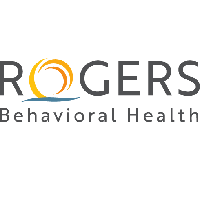






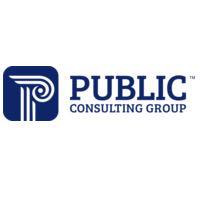
.jpg?bwg=1612548324)




